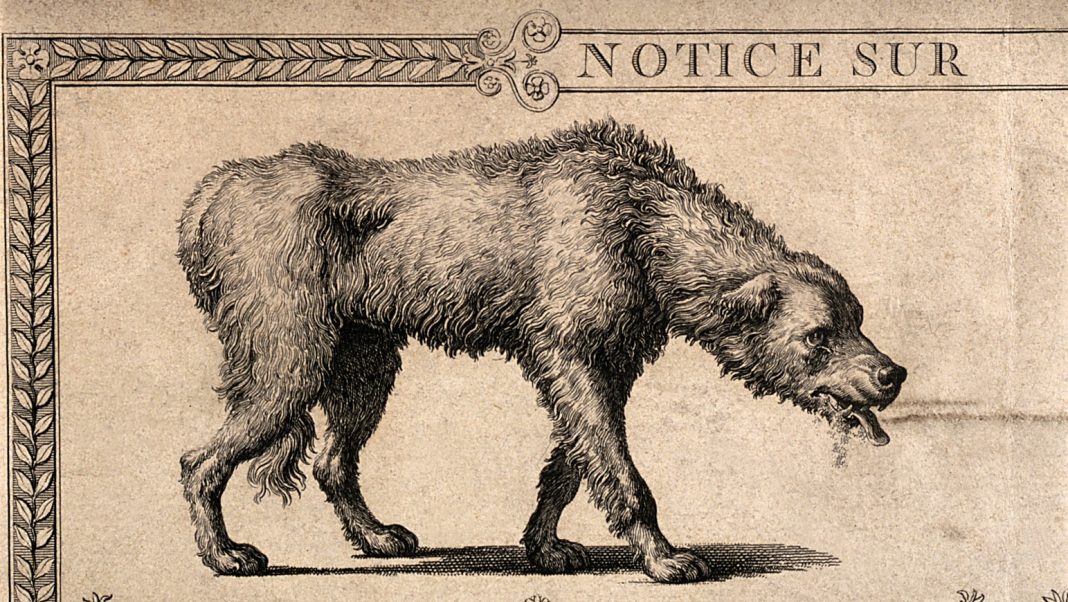If an older adult has ever raised their eyebrow at your vegetarianism, then I might just have the book for you. They might be interested in knowing that even 200 years ago our normal dietary patterns would have seemed luxurious to all but the aristocracy.
Animal History – History as if Animals Mattered is the newest title edited by Dr. Claire Linzey and Rev. Andrew Linzey, directors of the Oxford Centre for Animal Ethics. Pitching itself as an attempt to reframe animals as subjects worthy of historical research, the book is made up of 14 essays (previously published in the Journal of Animal Ethics) written by a range of academics in different fields. Animal History raises thought-provoking questions about the processes of making history, sheds new light on intellectual figures’ reflections on animal rights, unpacks interesting theological debates, and offers a series of intriguing historical case-studies.
The book’s first essay is a great opening, immediately addressing the elephant in the room: how can we write animal history? In this piece, Jacob Brandler takes on the question raised in the introduction: “Is animal history a new form of colonialism in which the voiceless are subject to further speciesist human control by the taking over of their voices?” Brandler proposes that we look at animal history in an entirely different way, taking into account both what we know and do not know, acknowledging the human lens through which historians have tended to look, and respecting the unknowability of animal perspectives.
It is not about claiming to know what animals feel, but about trying to better understand our relationship with them and their influence on human history. He argues that this frees humans from anthropomorphising animal history, allowing us to “search for different ways of seeing animals as they exist independent of human perspective”. This ethos follows through into the later essays, all of which address how different people have conceptualised our relationship to animals and thought about animal rights.
Although the book will naturally attract readers with an interest in animal conservation, the wide array of subjects covered combined with the general readability of the essays makes it worthwhile for anyone engaged with wider historical and philosophical debates. Violette Pouillard’s piece on attempts at writing the biographies of famous animals, Lauren Bestwick’s essay on Margaret Cavendish and animal ethics, and A. W. H. Bates’ text on vivisection and virtue ethics are, to my mind, standouts. All three essays make for incredibly interesting reading because of how interdisciplinary they are. In the Cavendish essay, for example, not only does Bestwick shed light on just how ahead of her time Cavendish’s views on animal life were, but she considers evidence ranging from 17th century English law to Cavendish’s own poetry. Bestwick also highlights interesting intersections between Cavendish’s frustration with the lack of agency and opportunities given to women at the time and the subordination of animals: “Beasts are but a Degree below us [women], and Men use us but a Degree above Beast.”
If there is one criticism to be levelled at the book, it is that the scope – animal history – is so wide and untraversed that, at times, the essay topics can feel slightly disconnected. This is particularly felt in the third section of the book on historical controversies. The first three essays focus largely on biblical interpretations of vegetarianism and the Middle Ages but the fourth piece jumps to anarchism and vegetarianism in 20th-century France. Although the essay about the relationship between individualist anarchism and vegetarian diets is extremely interesting, it feels out of place next to the other pieces.
The Oxford Centre for Animal Ethics aims “to pioneer ethical perspectives on animals through academic research, teaching and publication”. Animal History – History as if Animals Mattered is certain to further that goal, providing incredibly interesting introductions into various areas of thinking about animal life. A happy marriage of complexity and readability, Animal History is certainly worth your time.


